How to stay safe during Storm Bert
The majority of the UK will be facing at least one weather warning in the days to come
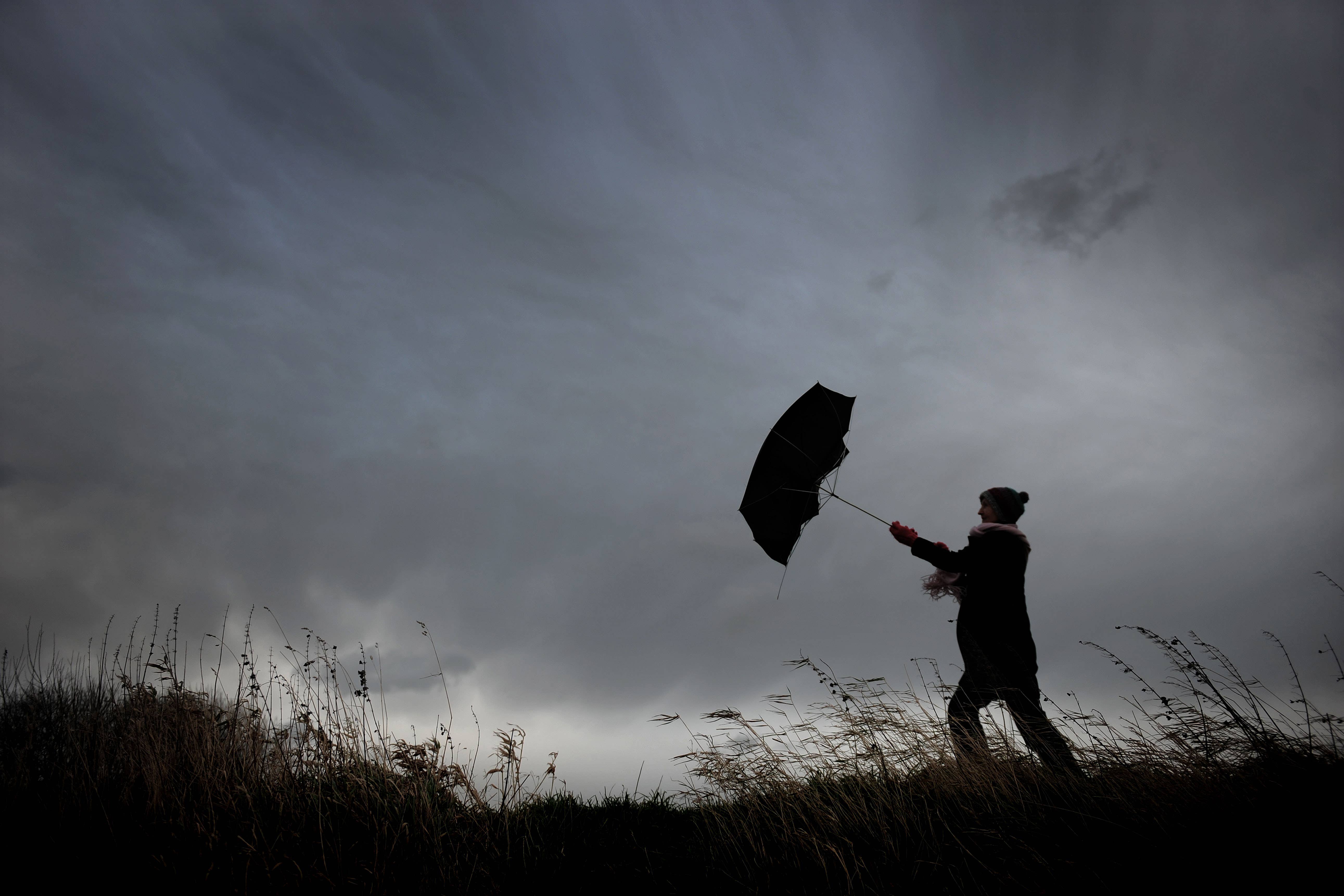
The Met Office has warned Brits to prepare for a weekend of rain, wind and snow as Storm Bert sweeps the country.
It has sparked warnings of “atrocious” travel conditions and power cuts as the “multi-hazard” weather event brings heavy snow and torrential rain to swathes of Britain.
An amber alert for heavy snow and ice will be in force in between 7am and 5pm on Saturday, for an area north of Scotland’s central belt, while other areas in the UK have been issued with yellow weather warnings for wind, snow and rain.
So, what can we do to prepare and protect ourselves, and our homes, from these turbulent conditions?
At home
“With disruptive weather like this, it’s vital that people take extra care and precautions,” says John Kushnick, legal operations director at National Accident Helpline. “Before a storm, people should secure loose objects such as ladders and garden furniture and keep parked cars clear of buildings and nearby trees.”
Dangerous weather conditions can compromise the stability of doors and windows, so check that they are all secure before Storm Bert arrives.
“Check your entryways closely to check the sealant is secure and not eroding, and replace any unstable locks before it’s too late,” recommends Mark Eastham, CEO at Homeprotect. “Poorly sealed entryways could allow water to seep through into your home and have long-term consequences such as water damage, dampness and mould.”
Also make sure your garden is secure, especially any wheelie bins.
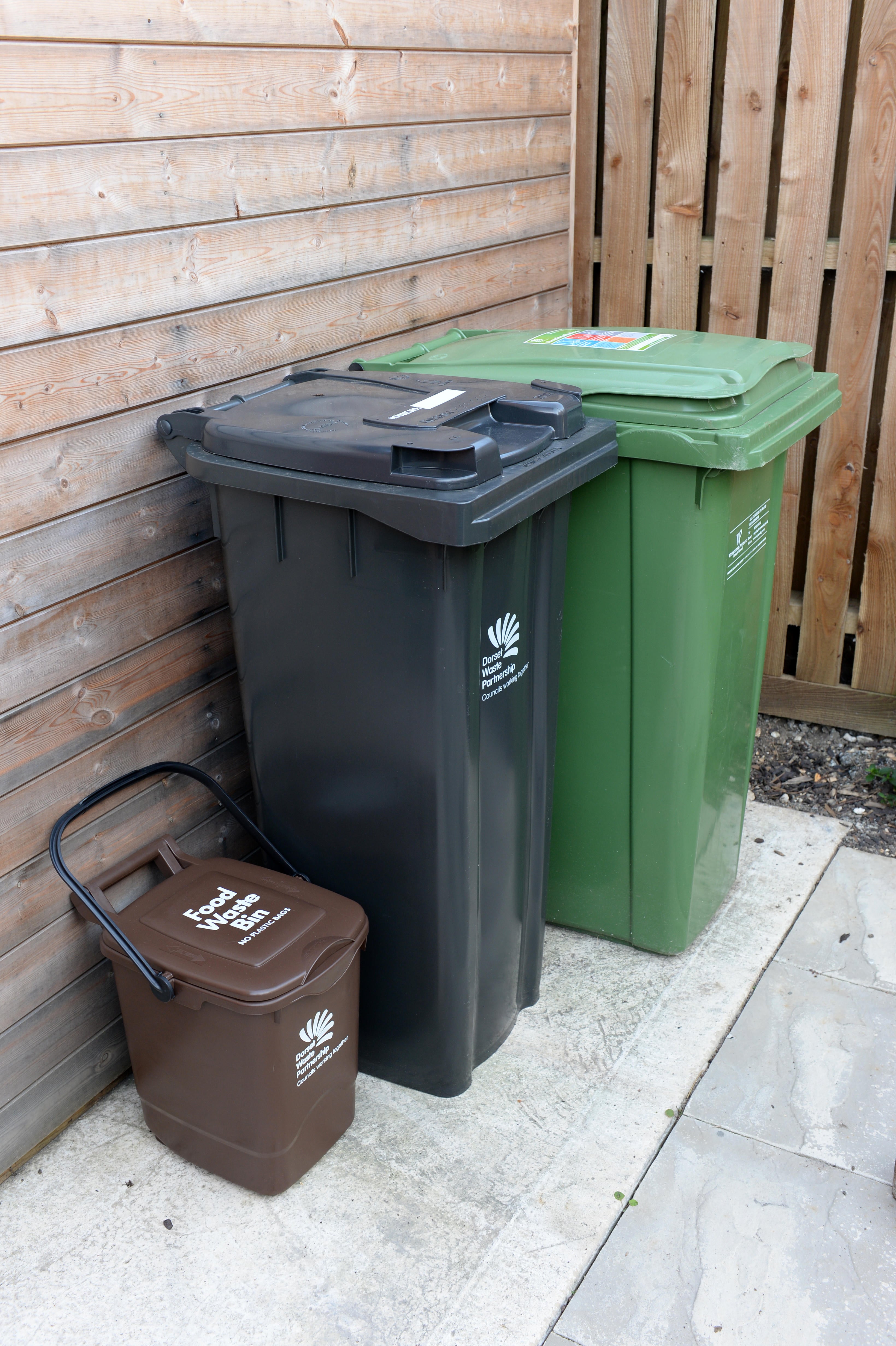
“Tie them together, place them at right angles to each other and then push them up close to a fence or wall,” advises Mark Lane, gardening expert at home lift company Stannah. “If you have some spare bricks or blocks, consider placing them into the bottom to add some weight.”
And if you have a lot of hanging baskets and plant pots dotted around your garden, store them in a shed until the storm passes.
“I often see baskets left hanging in pathways down the sides of properties or on shrubs and these soon become wind channels, especially during strong winds,” warns Lane. “Swinging hanging baskets can soon be lifted and hurtled towards a window at great speed.”
Walking
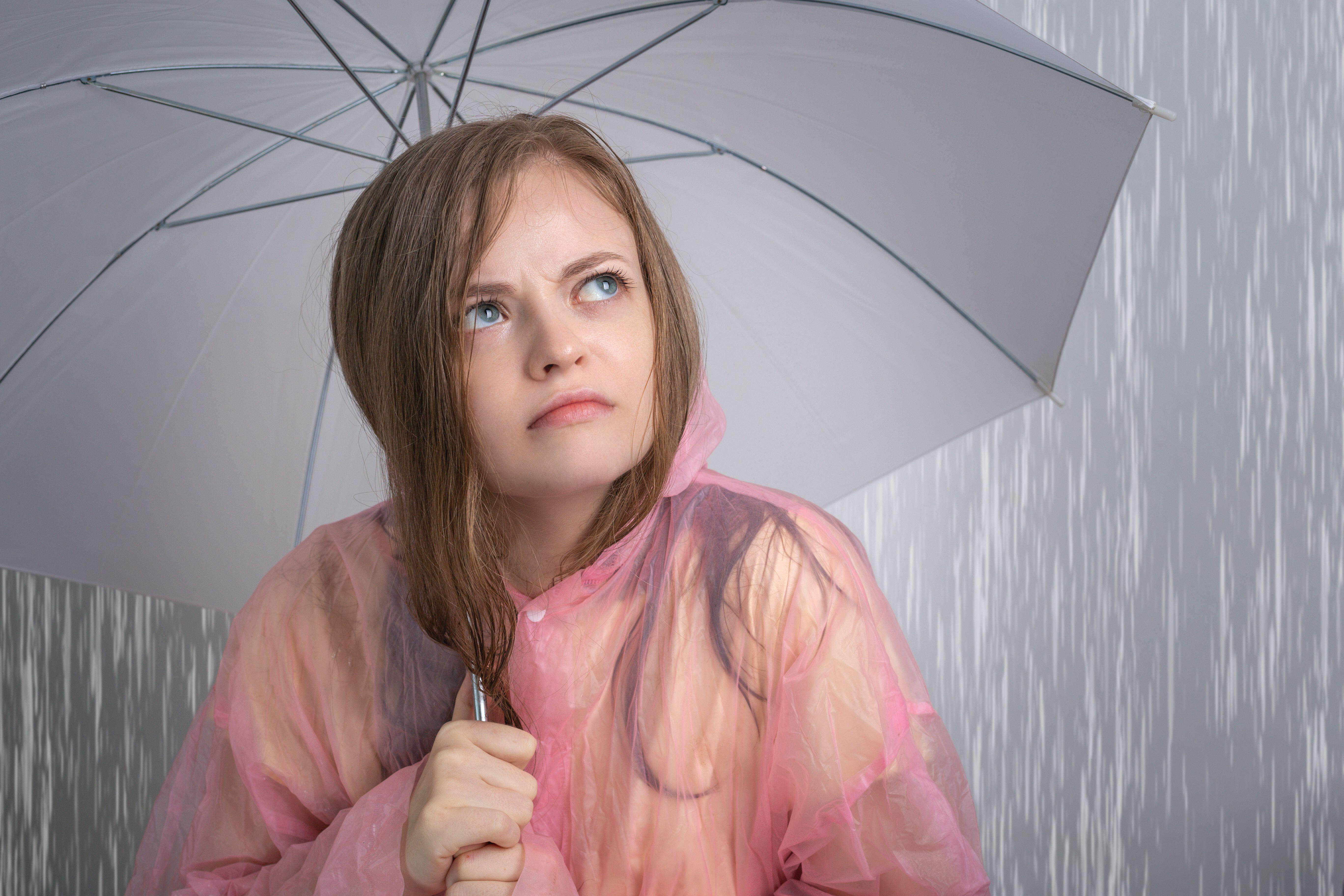
“During a storm, people should try to stay indoors as much as possible, but if they do have to leave, take extra precautions such as not walking too close to buildings or trees,” advises Kushnick.
Visibility is key.
“Wearing reflective and bright clothing, using lights if you are on a bicycle or are walking or running in badly-lit areas, and sticking to well-lit paths and main roads are a few ways you can prevent yourself from being involved in an accident,” says Kushnick.
Driving
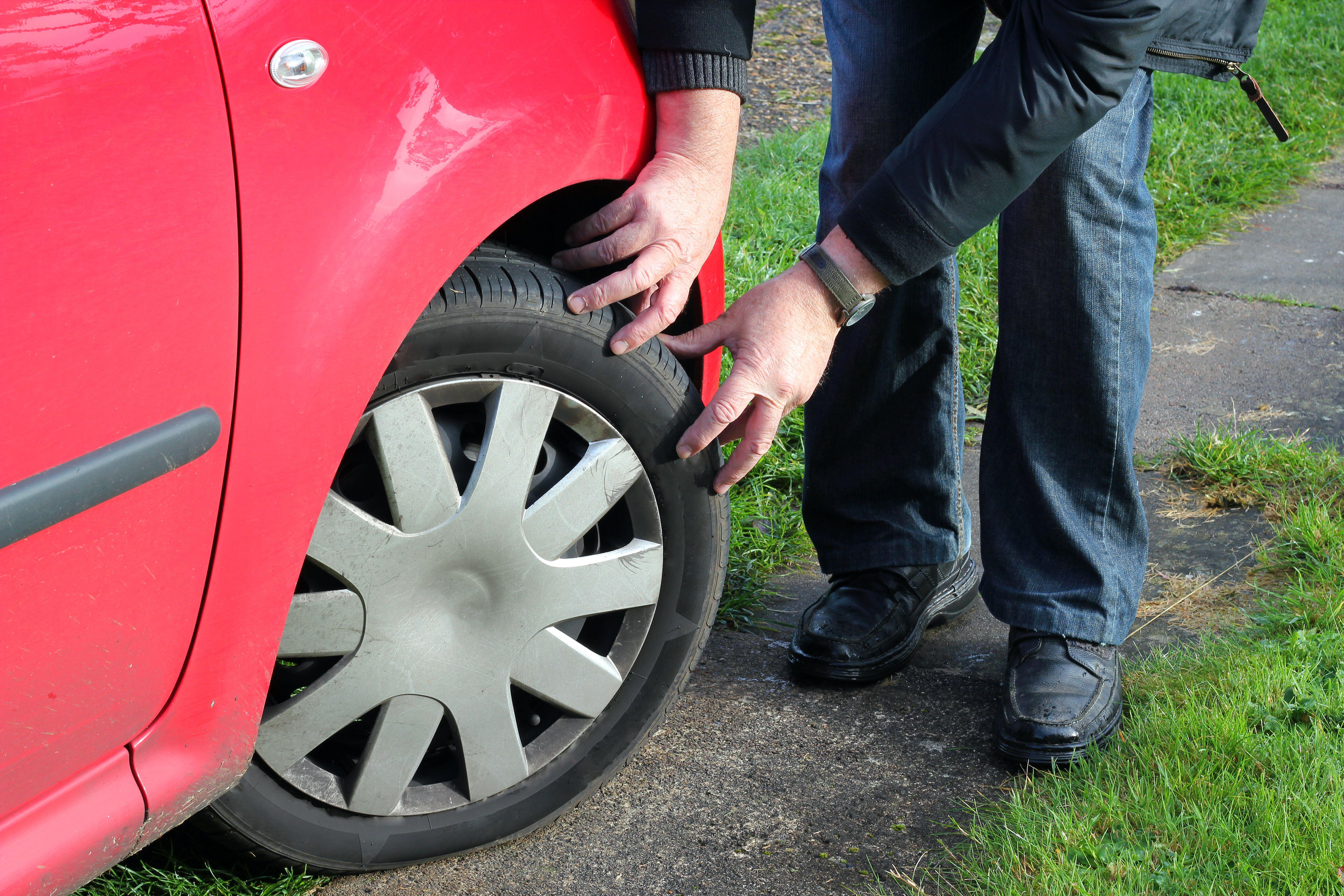
Before setting off in a car this weekend, do the following checks.
“Check your car’s fluid levels, lights and the condition of your wiper blades,” advises Kushnick. “If you encounter heavy rain for example, you’ll want to be sure that your windscreen wipers are working effectively as spray from other cars – in addition to the rainfall itself – can affect how well you can see the road ahead.”
Checking your tyres is also essential.
“The grooves in the tyre help to dissipate surface water and reduce the risk of aquaplaning, not to mention improving braking performance in icy conditions,” says Steve Howat, safety expert at Continental Tyre Group.
Furthermore, make sure you plan your route before leaving and allow extra time for your journey.
“During a storm, most coastal roads, hilly roads or bridges will be closed due to safety concerns,” highlights Nicholas Shaw, director of operations at Dayinsure. “Check if you can take an A-road, or low-speed-limit road as this will allow you to take your time and avoid any open, elevated roads that may be tricky to navigate.”
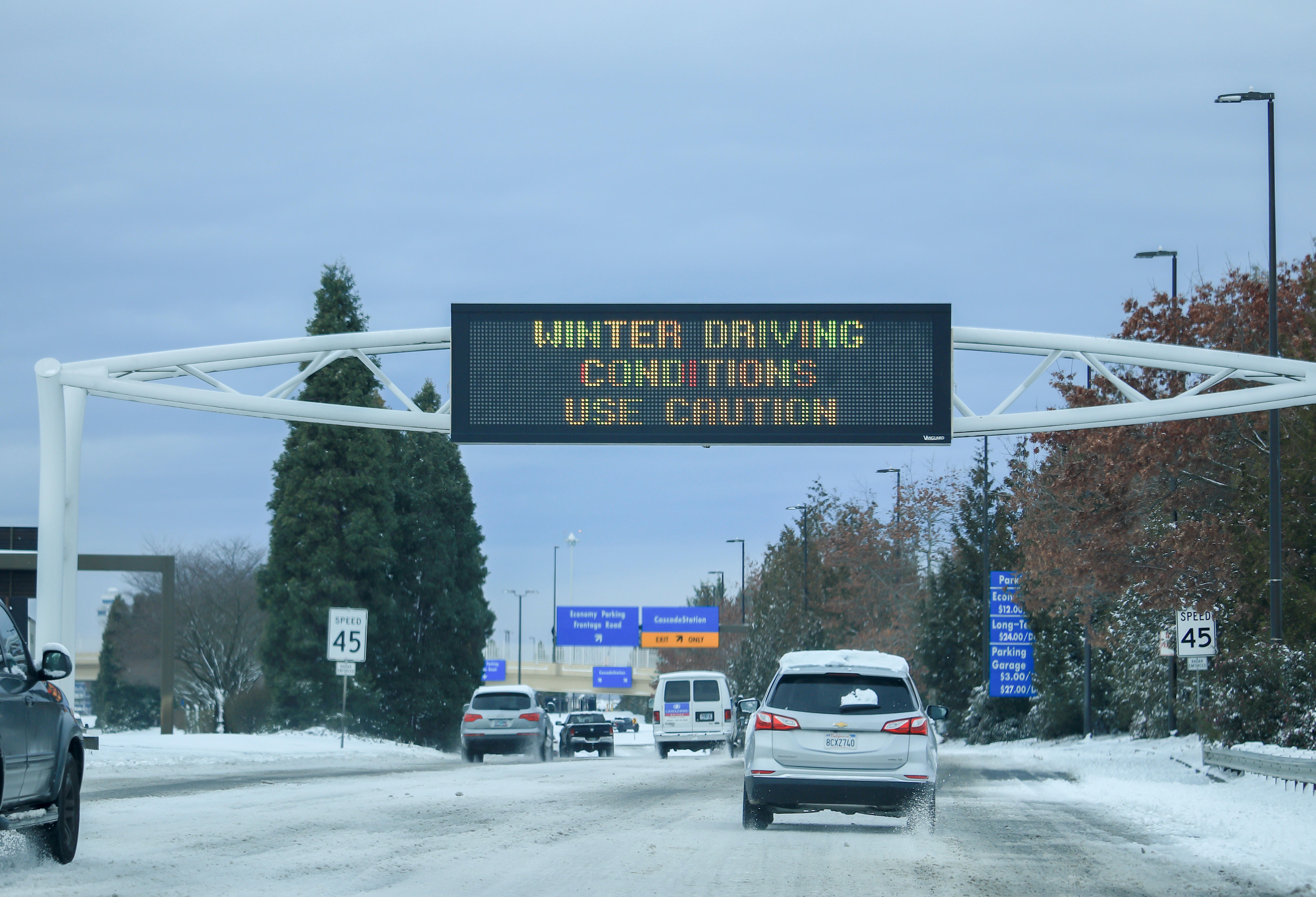
And remember to slow down if your visibility is poor.
“Take your time and reduce your speed so it is suitable for the level of visibility you have,” recommends Kushnick. “When on the motorway, you should avoid overtaking if visibility is poor, to help minimise risk of collisions and road traffic accidents.”
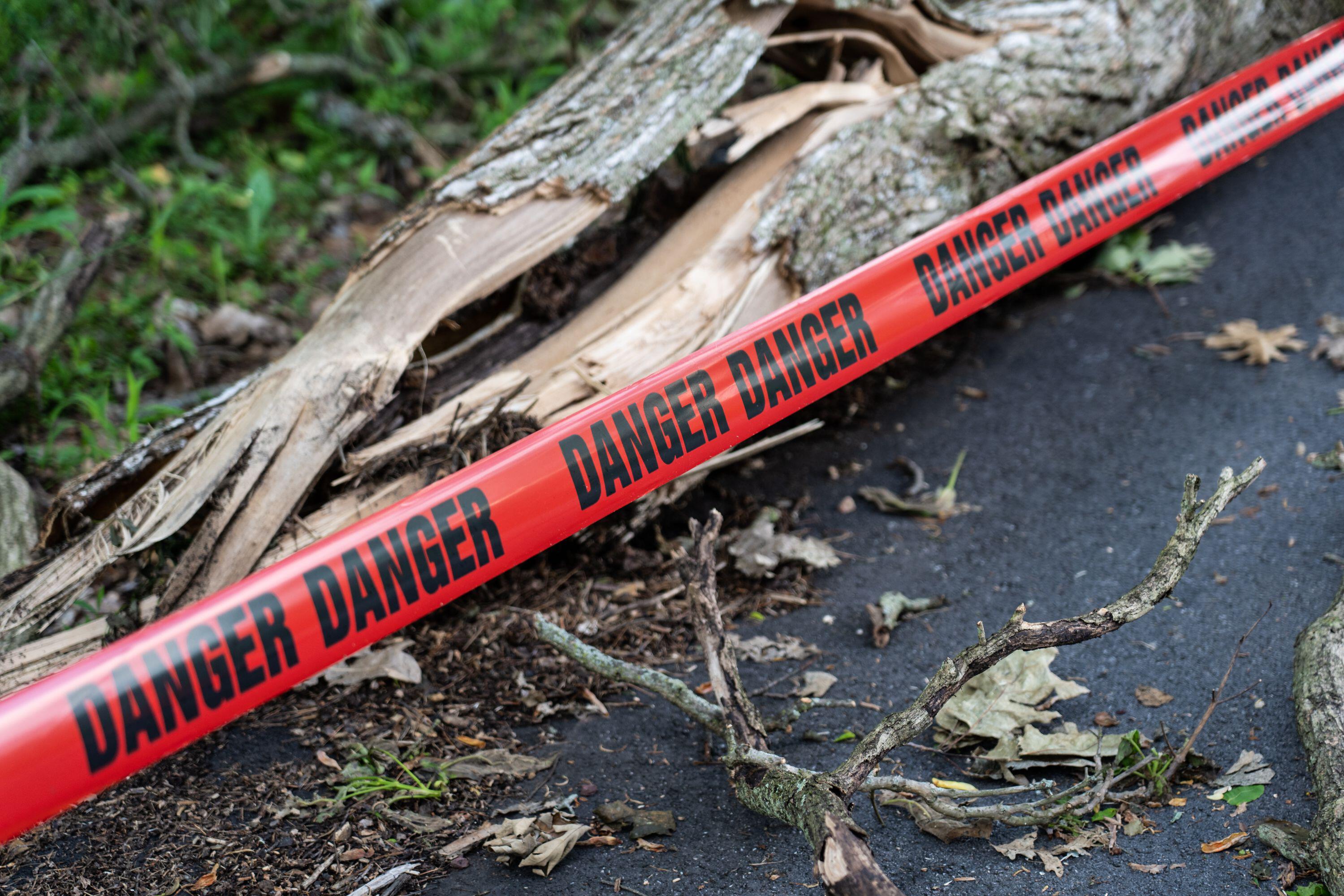
In addition, keep an eye out for any debris on the road.
“Twigs or small branches in the road could mean there’s a tree or large branch in the way around the next bend and partially fallen trees can hang above the sweep of your headlights, making them harder to spot,” warns Kushnick.
Shaw adds: “Also be alert in case there is any standing water on the road. The damage could lead to a breakdown and in turn, unwanted repair expenses.”



Bookmark popover
Removed from bookmarks